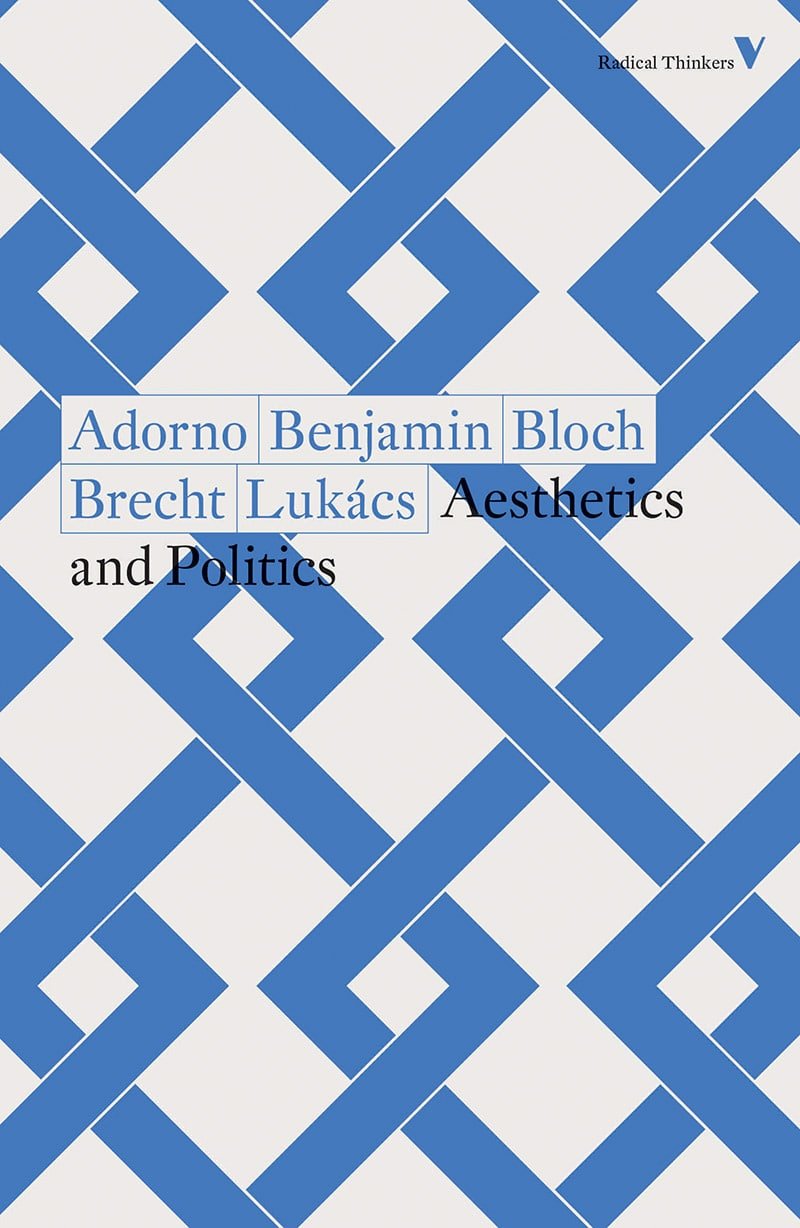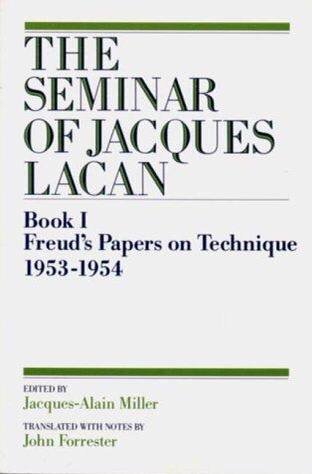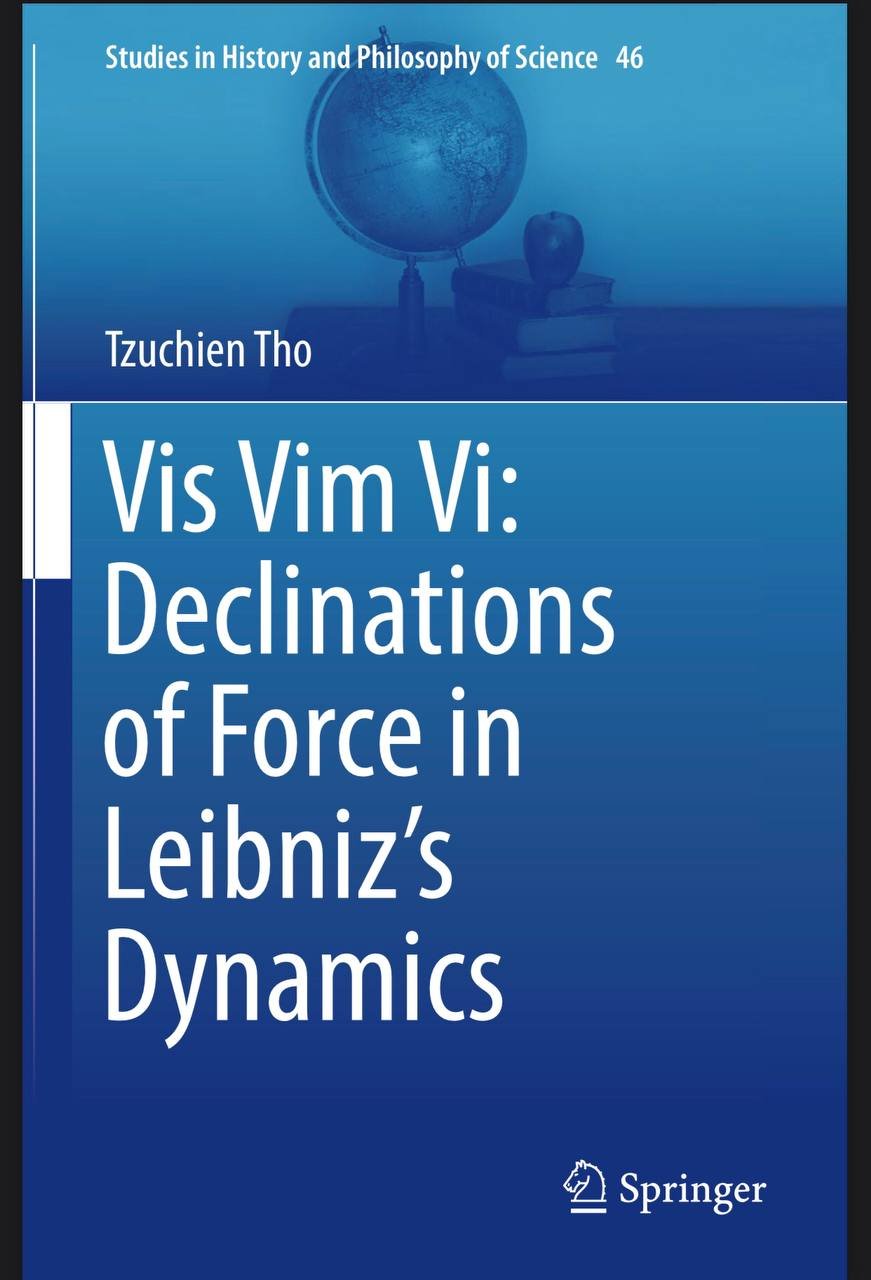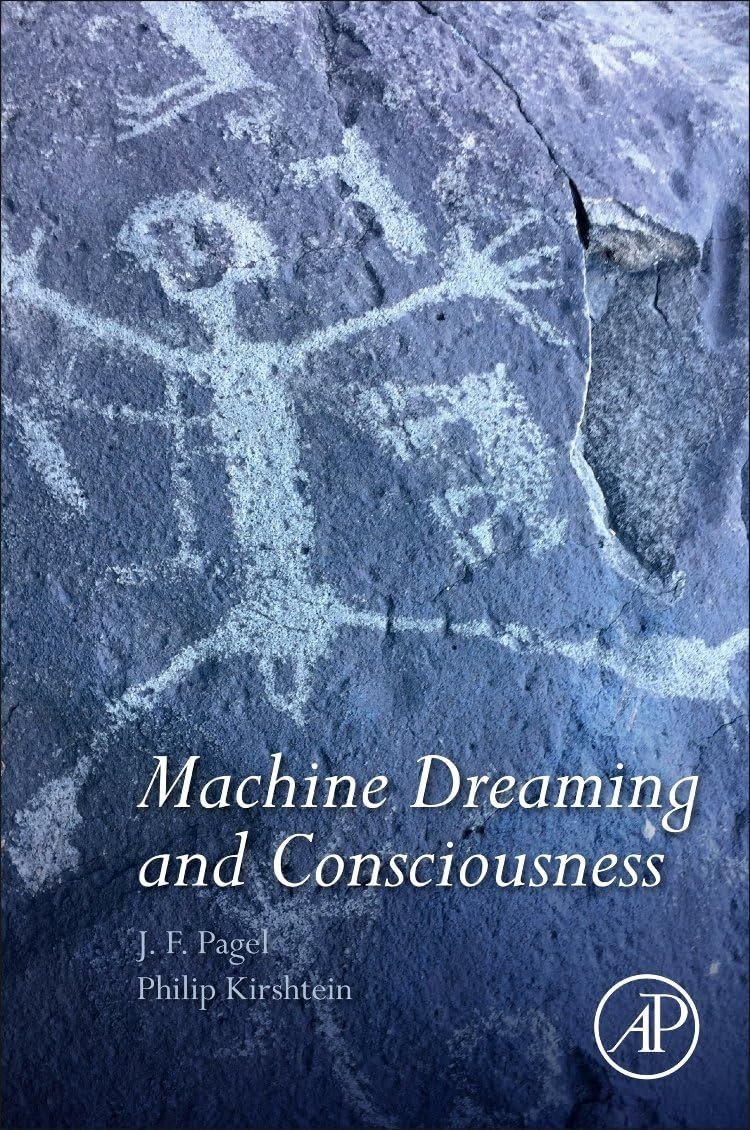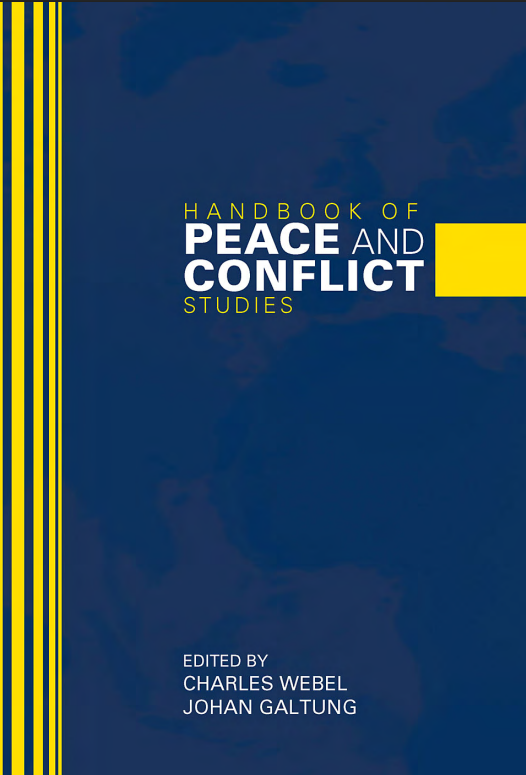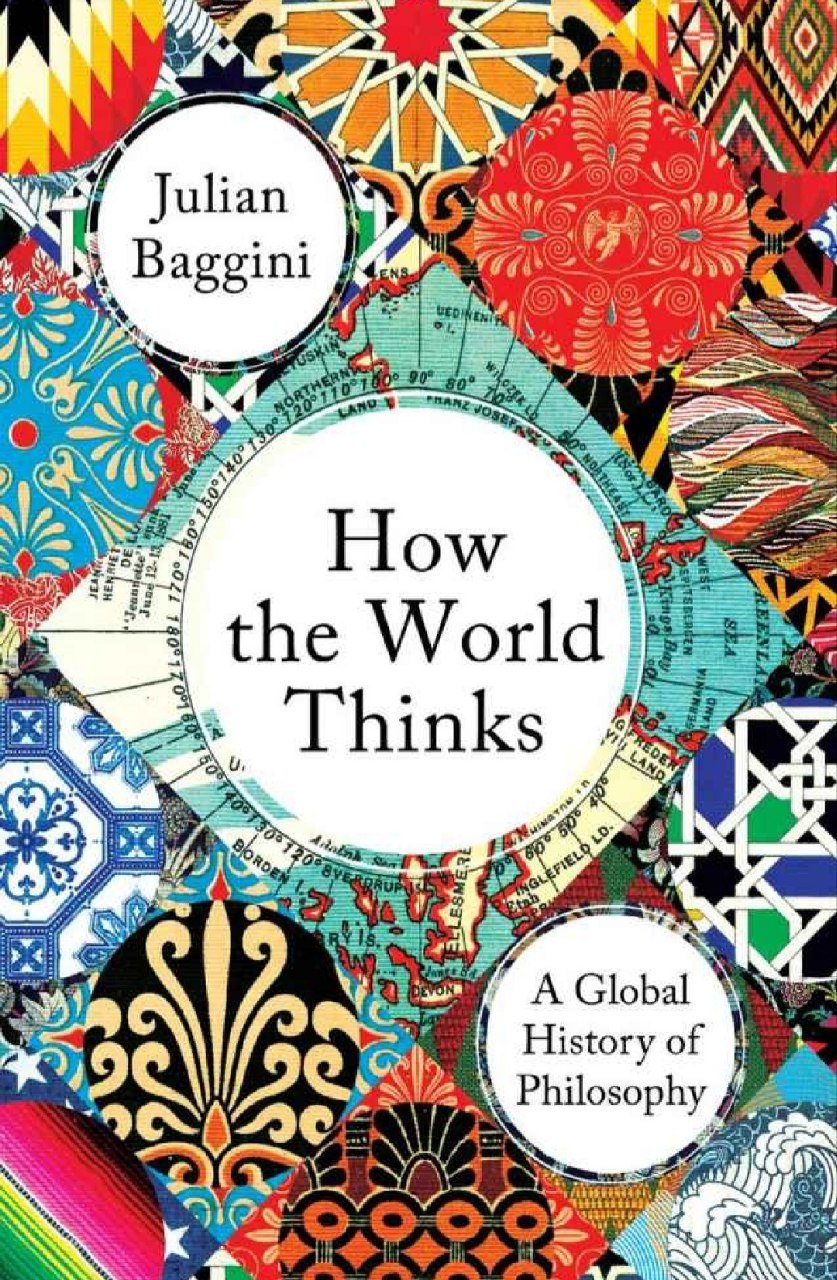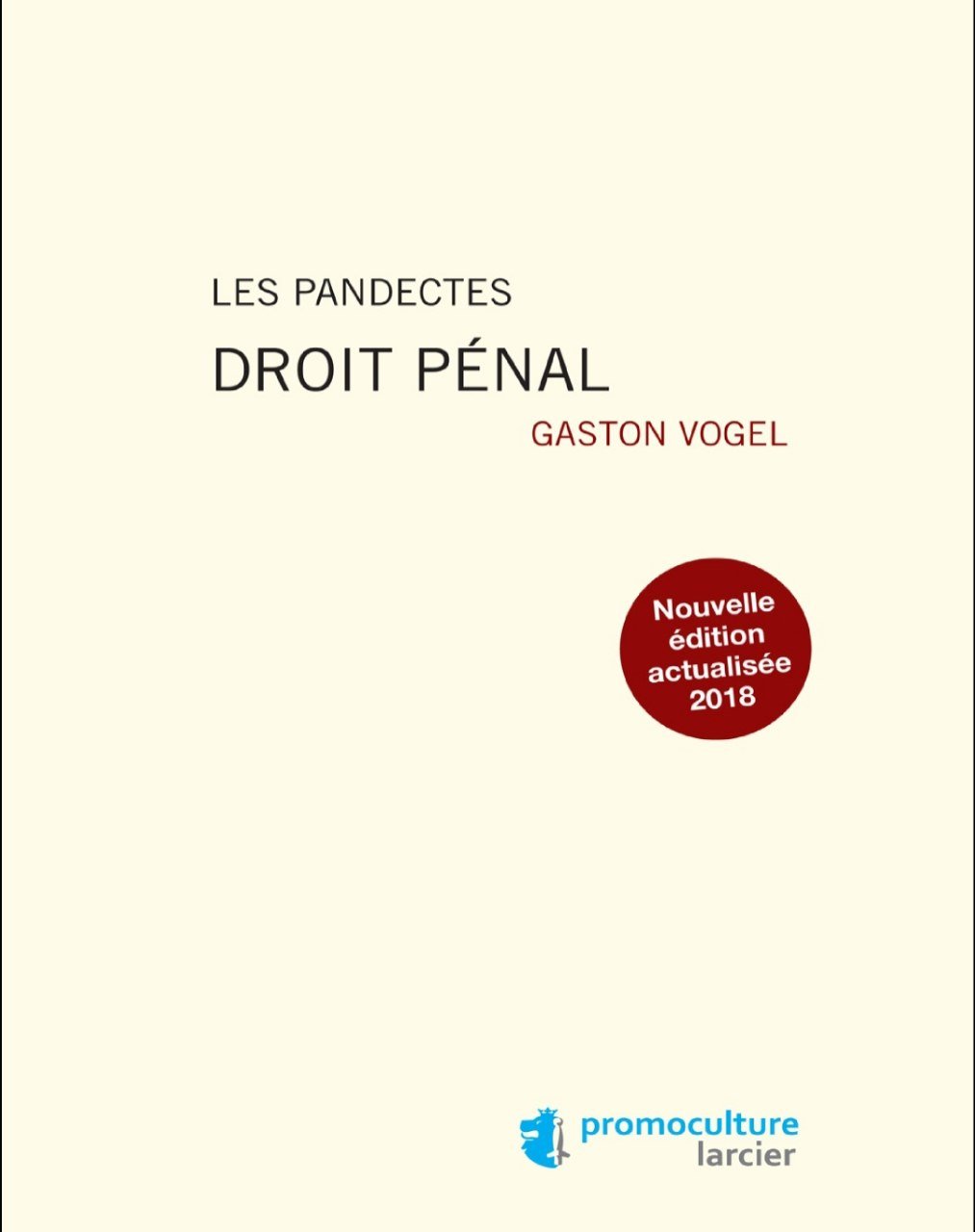

Interrogating Modernity: Debates with Hans Blumenberg
Reviews
No review yet. Be the first to review this book!
Description
Interrogating Modernity: Debates with Hans Blumenberg, edited by Agata Bielik-Robson and Daniel Whistler, is a comprehensive and critical exploration of Hans Blumenberg’s influential philosophy of modernity. Blumenberg, a German philosopher, is well known for his nuanced interpretations of modernity’s emergence and his challenge to the so-called “secularization thesis.” Rather than viewing modernity as a mere continuation or secularization of theological concepts, Blumenberg famously argued that modernity represented a legitimate self-assertion of human reason, breaking free from the theological frameworks of the Middle Ages. This edited volume brings together leading scholars to both engage with and critically interrogate Blumenberg’s thought. The contributors examine his key concepts, such as the legitimacy of the modern age, reoccupation (Umbesetzung), self-assertion, and his critique of Gnosticism, to evaluate whether Blumenberg successfully defends modernity as an autonomous project or whether his work ultimately remains tethered to the theological structures he claims modernity overcomes. Agata Bielik-Robson and Daniel Whistler frame the volume with an introduction that situates Blumenberg’s work in contemporary debates on modernity, secularization, and post-secular philosophy. They highlight how Blumenberg’s philosophy resists simplistic readings: neither an advocate of radical secularization nor a nostalgic defender of pre-modern theological frameworks. Instead, Blumenberg presents modernity as a complex and often conflict-ridden process of redefining humanity’s relationship to meaning, knowledge, and authority. The essays collected in this volume engage with Blumenberg’s thinking from diverse perspectives—philosophical, theological, and historical. Some contributors delve into his critique of Carl Schmitt’s concept of political theology, while others examine Blumenberg’s readings of the Enlightenment, his engagement with myth, and his interpretation of the human condition in modern times. The debates revolve around whether Blumenberg provides a convincing account of the autonomy of modern reason or whether his thought inadvertently reveals modernity’s ongoing entanglement with theological motifs. A significant theme in the book is the question of whether Blumenberg’s notion of self-assertion can sustain a viable model for modern subjectivity, or whether it falls into a kind of heroic rationalism that overlooks the ethical and relational dimensions emphasized by other traditions, including Jewish philosophy—one of Bielik-Robson’s own areas of expertise. Ultimately, Interrogating Modernity positions Blumenberg as a pivotal figure in contemporary debates about modernity, secularization, and the place of theology in philosophy. The volume does not merely celebrate Blumenberg’s legacy; it critically examines the tensions and unresolved issues in his work, making it an essential resource for scholars of philosophy, political theology, and intellectual history. If you’re interested in the contested legacy of modernity and the ongoing debates about secularization and religion’s role in modern philosophical thought, this book offers a rich and engaging conversation anchored in Blumenberg’s challenging and provocative ideas.





















.jpg)

.png)


.jpeg)




.jpg)

.jpeg)


.jpeg)





.jpg)


.jpg)


.jpg)





.jpeg)





















.jpg)
.jpg)

.jpeg)


.jpg)









